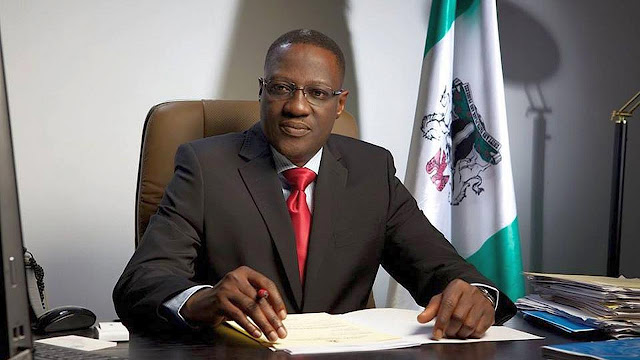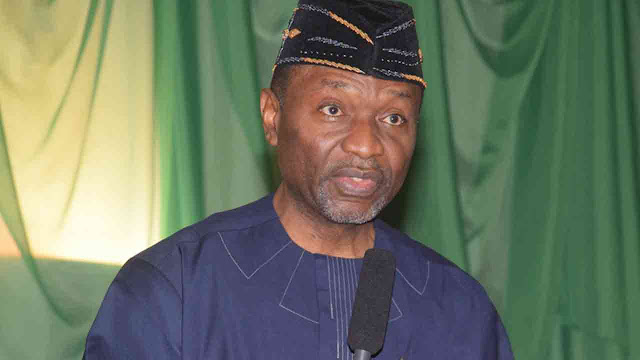Education
The calls for increased budgetary allocation to the education sector, seems unending, as Education Rights Campaign (ERC) has also joined the fray.
In the wake of the Federal Government’s allocation of a paltry eight per cent to the sector in the 2016 fiscal budget, interest groups including in Academic Staff Union of Universities (ASUU), Non-Academic Staff of Universities (NASU) and a host of other groups condemned government action, accusing it of not doing enough to revamp the ailing sector.
According to those calling for the increase, in line with the recommendations of the United Nations Educational, Scientific and Cultural Organisation (UNESCO), it is only in so doing that the noticeable decline in the standard of education, brought about by poor funding among others can be effectively addressed.
ERC’s Organising Secretary for Education, Fidel Davy, while speaking at the closing ceremony of a free coaching it organised for students in senior secondary students in Ajegunle community in Lagos State, said the group was deeply concern over the poor funding of the sector.
At the event, which had as its theme theme: “Mass Failure and Challenges Faced by Nigerian Students,” Davy noted that if appropriate funds are allocated to the sector, well managed and monitored, it would go a long way in stemming the tide of mass failure among Nigerian students.
“We have seen that under this administration, the budget for education is very low. It is even below the standard of UNESCO. Funding public education adequately will address lots of problems like manpower, building more classrooms among others. The Muhammadu Buhari-led administration has not been addressing the problems facing education effectively. The policies of deregulation and privatisation have also negatively affected public funding of education,” he alleged.
The group’s branch coordinator for the area, Bestman Michael, noted that the free coaching programme started in 2005, and over the years, participants are taught arts, science and commercial subjects by volunteer teachers, who actively participate in the six-week programme that always hold during the third term holiday.
Other speakers at the event noted that for the country’s economy to be revamped, the educational sector must be given serious attention, just as they maintained that the establishment of mushroom schools has also adversely affected the nation’s educational sector.
One of the beneficiaries, Ogunjobi Damilare, said he has benefitted greatly from ERC’s free coaching programme as apart from academics, career talks were also offered.


















